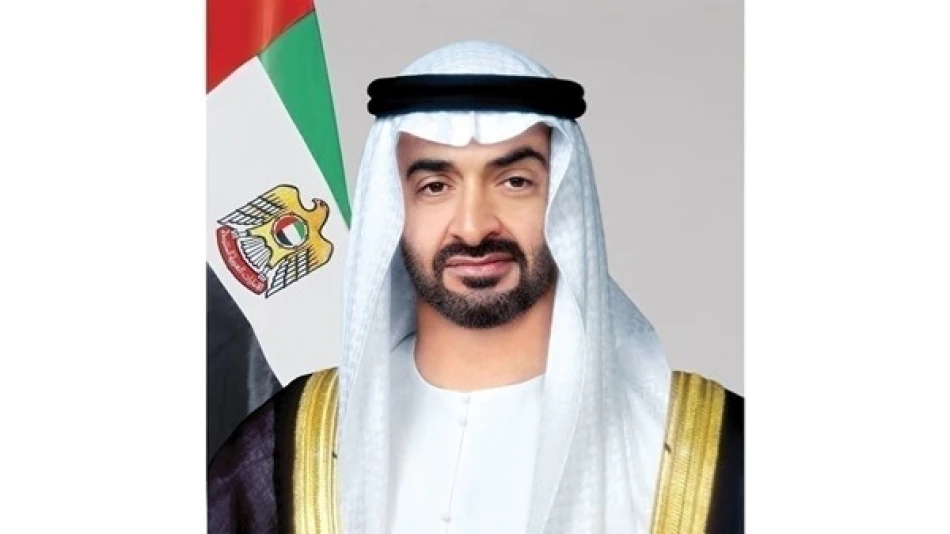
UAE President: Youth at the Heart of the Nation's Development Strategy
UAE Doubles Down on Youth Tech Skills as Digital Economy Competition Intensifies
The UAE is positioning itself as a regional leader in future workforce development, with President Sheikh Mohamed bin Zayed Al Nahyan emphasizing that youth empowerment and future skills training remain central to the nation's economic strategy. This focus on digital transformation capabilities comes as Gulf states compete intensely to attract tech talent and investment in an increasingly AI-driven global economy.
Strategic Youth Investment Amid Regional Competition
Speaking on World Youth Skills Day, Sheikh Mohamed bin Zayed highlighted the UAE's commitment to equipping young people with capabilities essential for "the era of technology, digital transformation, and artificial intelligence." This statement reflects the country's broader economic diversification strategy, moving beyond oil dependency toward a knowledge-based economy.
The emphasis on combining technological advancement with traditional values signals the UAE's approach to modernization—embracing innovation while maintaining cultural identity. This balance has become crucial as the country seeks to attract international talent while developing its domestic workforce.
Economic Implications for the Gulf's Tech Hub Ambitions
Competitive Positioning
The UAE's youth skills initiative comes as regional competitors like Saudi Arabia pour billions into NEOM and other futuristic projects, while Qatar expands its education and research capabilities ahead of long-term economic planning. The Emirates' focus on practical skills development rather than just megaprojects suggests a more immediate, implementation-focused approach to economic transformation.
Market Impact
For investors and businesses, this renewed emphasis on youth capabilities indicates several opportunities. The UAE's commitment to developing local talent could reduce dependency on expatriate workers in high-skilled sectors, potentially creating a more stable and cost-effective workforce for technology companies establishing regional headquarters.
Global Context and Comparative Analysis
The UAE's approach mirrors successful models from Singapore and South Korea, where government-led skills development programs helped transform economies within a generation. However, unlike these Asian examples, the UAE faces the unique challenge of balancing rapid technological adoption with maintaining its cultural identity and social cohesion.
Compared to Western approaches that often rely on market-driven skills development, the UAE's state-directed model allows for more rapid implementation but requires sustained government commitment and resources. This centralized approach has proven effective in the Emirates' past economic transformations, from oil economy to financial hub to tourism destination.
Long-term Strategic Implications
The focus on AI and digital transformation skills suggests the UAE is preparing for economic sectors that don't yet exist at scale. This forward-looking approach could position the country advantageously as global industries continue digitizing and automating.
The integration of traditional values with technological advancement also addresses a common challenge in rapidly developing economies—maintaining social stability while pursuing aggressive modernization. This balanced approach may prove crucial for sustaining long-term economic growth and political stability in an increasingly complex global environment.
Most Viewed News

 Layla Al Mansoori
Layla Al Mansoori






